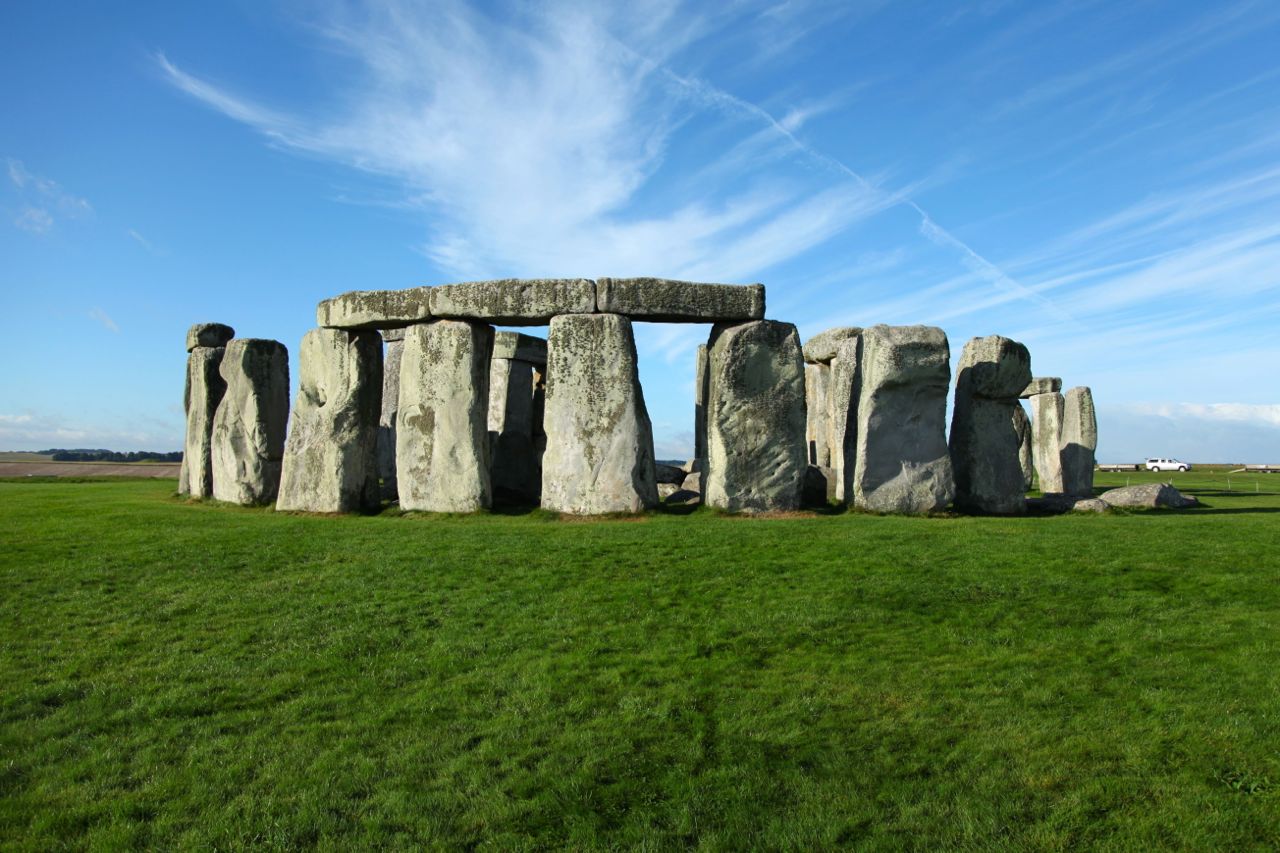Louis was king of France when the monarchy was overthrown during the French Revolution. He was guillotined in 1793.
Louis was born at Versailles on 23 August 1754. In 1770, he married Marie Antoinette, daughter of the emperor and empress of Austria, a match intended to consolidate an alliance between France and Austria. In 1774, Louis succeeded his grandfather Louis XV as king of France.
Louis initially supported attempts by his ministers Jacques Turgot and later Jacques Necker to relieve France's financial problems. French support for the colonists in the American War of Independence had brought the country to the verge of bankruptcy. Meanwhile, accusations of frivolity, extravagance and scandalous behaviour against the queen, Marie Antoinette, further discredited the monarchy.
In 1789, to avert the deepening crisis, Louis agreed to summon the 'estates-general' (a form of parliament, but without real power) in order to try and raise taxes. This was the first time the body had met since 1614. Angered by Louis' refusal to allow the three estates - the first (clergy), second (nobles) and third (commons) - to meet simultaneously, the Third Estate proclaimed itself a national assembly, declaring that only it had the right to represent the nation.
Rumours that the king intended to suppress the assembly provoked the popular storming of the Bastille prison, a symbol of repressive royal power, on 14 July 1789. In October, Louis and his family were forced by the mob to return to Paris from their palace at Versailles. In June 1791, they attempted to escape, which was considered proof of Louis' treasonable dealings with foreign powers. He was forced to accept a new constitution, thereby establishing a constitutional monarchy.
Nonetheless, against a background of military defeat by Austria and Prussia, the revolutionary leadership was becoming increasingly radicalised. In September 1792, the new National Convention abolished the monarchy and declared France a republic. Louis was found guilty of treason and executed at the guillotine on 21 January 1793. Marie Antoinette was executed nine months later. (BBC History)

